In recent updates, the United States Citizenship and Immigration Services (USCIS) has announced changes to the process of Employment Authorization Document (EAD) renewals, specifically phasing out automatic renewals. This change could impact many non-citizen workers in the U.S., and understanding the implications is crucial for affected individuals and employers.
What Are EADs?
Employment Authorization Documents (EADs) are crucial for many immigrants seeking to work in the United States. These documents, often called work permits, grant the holder permission to work legally in the U.S. for a specific period.
Key Changes in the Renewal Process
Previously, certain categories of EAD holders could benefit from an automatic extension of their work authorization while their renewal application was pending. The new rule eliminates this automatic renewal process, requiring individuals to plan more proactively to ensure continual employment.
Implications of the Rule Change
This change places a greater emphasis on timely renewal applications. Without the possibility of automatic extensions, applicants need to ensure that their renewal applications are submitted well before their current EAD expires to avoid any employment disruptions.
Impact on Employers
Employers must stay informed about these changes and support their workforce through the transition. Ensuring that employees are aware of the new requirements and deadlines will be key to maintaining workforce stability.
Steps to Take
1. **Plan Early**: Begin the renewal process as early as possible. USCIS typically allows applications for renewal up to 180 days before the current EAD expires.
2. **Stay Informed**: Keep up with any further announcements from USCIS that may affect EAD policies.
3. **Consult with Experts**: If there are uncertainties or complexities, consulting with an immigration attorney can provide clarity and direction.
By understanding and adapting to these changes, affected individuals and businesses can minimize potential disruptions and ensure compliance with evolving immigration regulations.
For those affected, ATR Law Group remains committed to providing the guidance and support needed through these transitions. Please contact us for assistance or with any questions about your specific situation.




























